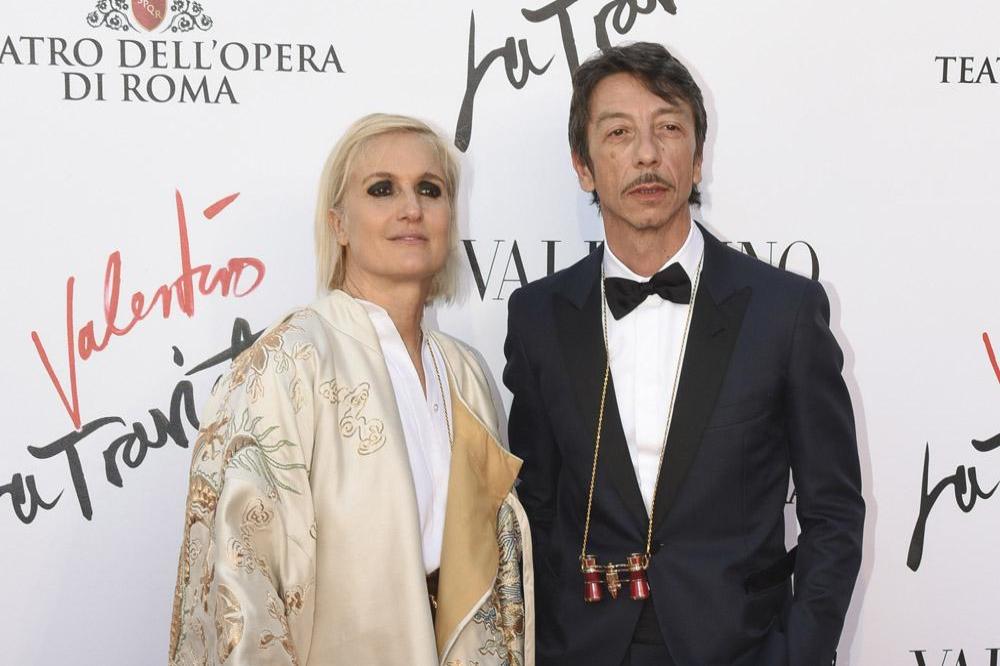Maria Grazia Chiuri wanted her first collection for Dior to address her "own personal vision of femininity".

Maria Grazia Chiuri
The 53-year-old fashion designer - who was appointed the creative director of the fashion house last year - released an empowering slogan T-shirt for the label's Spring/Summer 2017 capsule, and she created the iconic garments because she wanted to "send a message" about her beliefs and make it clear what Dior's "House rules" under her guiding will be.
Speaking about her debut line to Red magazine, she said: "First collections are always the ones you remember most.
"It was important to lay the groundwork, and I wanted to send a message that conveyed my interpretation of the House rules and my own personal vision of femininity."
And the mogul has hailed her project as "an incredible experience".
She continued: "It was an incredible experience, from the first time I delved into the archive right through to execution, which was done in perfect harmony with the Dior ateliers."
Maria believes the line has captured the attention of people and had got "people thinking", which was exactly what she intended to achieve.
She explained: "My work was that of a curator: pairing projects, skills and ideas to give shape to a collection capable of communicating a point of view. I think the collection got people thinking and that was precisely my intention. I have no regrets."
And the star likes to "work a lot" with words because she enjoys seeing how they shape her psyche.
She said: "I work a lot with words. I like to see where they take me, how they shape my thinking and contribute to building my imagination. When I read Chimamanda Ngozi Adichie, I understood that her words only needed a fresh forum to amplify them, spread them around and reach as many eyes - and minds - as possible."
Maria also draws inspiration from artists, and the motivational stories of women.
She said: "I have a great curiosity, and I am inspired by the stories of women who have used their own lives to set the wheels of change in motion. Not only revolutionary women and activists in the open and direct sense, but also figures from Georgia O'Keeffe to Niki de Saint Phalle, who moved in the margins of culture, art and literature."

